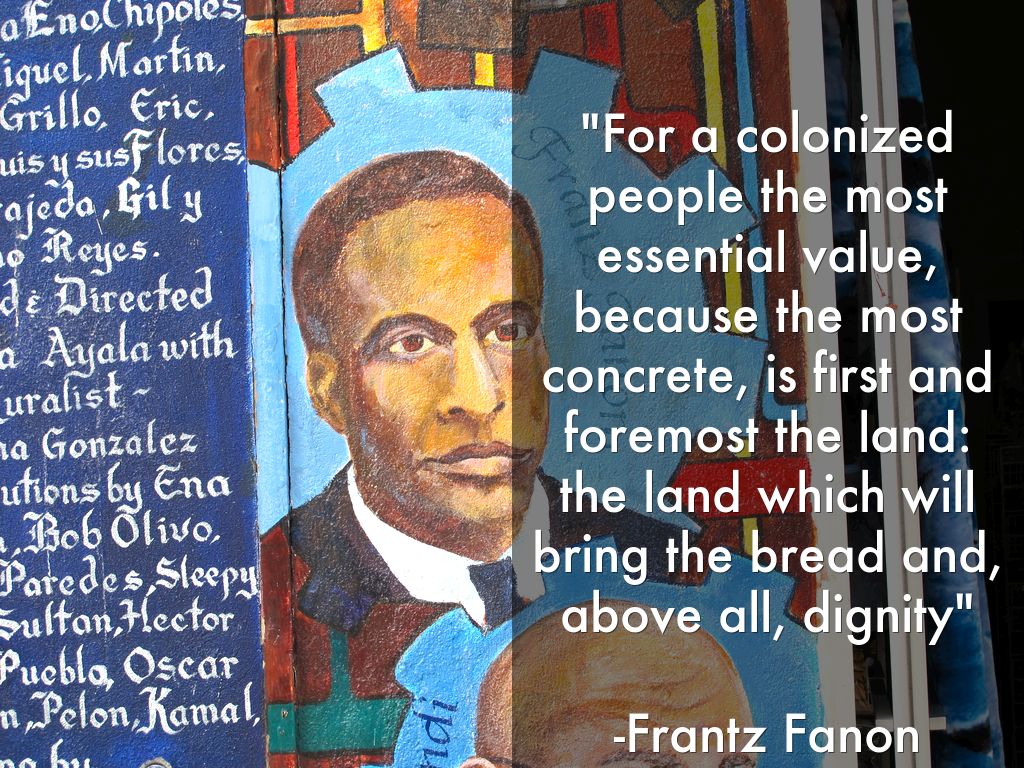by THOMAS MEANEY

(Thomas Meaney, The American Historical Review, Volume 124, Issue 3, June 2019, Pages 983–995, https://doi.org/10.1093/ahr/rhz254)
Abstract
This essay reconstructs a missing link in Frantz Fanon’s life and death. Based on an encounter with Fanon’s CIA handler, C. Oliver Iselin, it presents the firsthand experience of a mid-level figure in the U.S. security state who participated in the national liberation movements in Africa. The essay suggests that Iselin’s memories and images of decolonization reflect the wider arc of how liberal American attitudes evolved and congealed toward the Third World, as national liberation went from attracting hopeful sympathy, to disappointment, and finally to blame. The long, unedited samples of Iselin’s speech are meant to grant his perspective some autonomy from the author’s interpretations of them, and to provide the reader with raw material to make different interpretations. The essay also examines Fanon’s understanding of American liberals’ changing attitude toward national liberation movements. Both Iselin and Fanon’s projections are then counterpoised with the author’s own impressions of present-day Algeria.
The image is not lacking in irony: Frantz Fanon, the intellectual father of Third World revolution, lying in a Maryland hospital bed, watched over by a blue-blooded agent of the CIA. It was out of desperation and his lack of success with Soviet doctors, Fanon’s biographer David Macey reports, that Fanon had agreed to American offers to fly him to the United States—“that country of lynchers,” as he called it—for leukemia treatment.1 The benefit of aiding the figure who wrote of “a murderous and decisive confrontation” between the colonial and the colonized world was not lost on the CIA.2 The gesture could have been intended to shore up the United States’ anticolonial credentials in the Cold War, and/or to signal the feebleness of radical national liberation movements whose leaders were compromised by relations with U.S. intelligence. Eight years after Fanon’s death in 1961, Joe Alsop made the latter argument when he leaked the story of the circumstances of Fanon’s last hours in his column in the Washington Post. Writing at a low point in America’s war in Vietnam, Alsop, a leading rhapsodist of pro-war opinion, wanted to score a point at the Third World’s expense. “The chief black hero of the New Left,” he gloated, had died “almost literally in the arms of the CIA.” Alsop savored the CIA case officer’s “downright brotherly visits” to Fanon’s bedside. “Altogether,” he wrote, “it is like saying that Che Guevara died, not because of, but despite the best efforts of the Central Intelligence Agency.”3 Alsop sent his column to Hannah Arendt, a severe critic of Fanon’s thought and style of expression, whose essay “On Violence” Alsop claimed had “inspired” him.4 “It almost could move one to tender feelings toward the CIA,” Arendt responded. “Seriously, it shows a certain humanity that is consoling.”5
In the following years, Alsop became fascinated by the CIA agent’s relationship with Fanon, to the point that he co-authored a screenplay about it with Fanon’s first biographer, the Dutch writer Peter Geismar. The film was intended to be a tale of moral folly: the story of a promising colonial subject who enlists as a teenager in the Free French Army to help liberate Europe, but who succumbs to the delusion that Alsop, in a letter to studio executives, described as “the basic futility of the effort that he really cared the most about, which was the drive for African unity.”6 Universal Pictures took on the project, though the executives demanded more character and color. “Did [Fanon] enjoy dancing, either as a participant or a spectator?” a Universal executive asked Alsop in a letter. “Did he display any tendencies toward physical belligerence before or after his involvement in the anti-colonial movements?” The studio also wanted “as much information as possible on [Fanon’s] personal relationship with the CIA man.”7Frantz Fanon the motion picture was eventually dropped, and it does not seem that Alsop ever made an attempt to meet the CIA agent.
Oxford Academic for more
